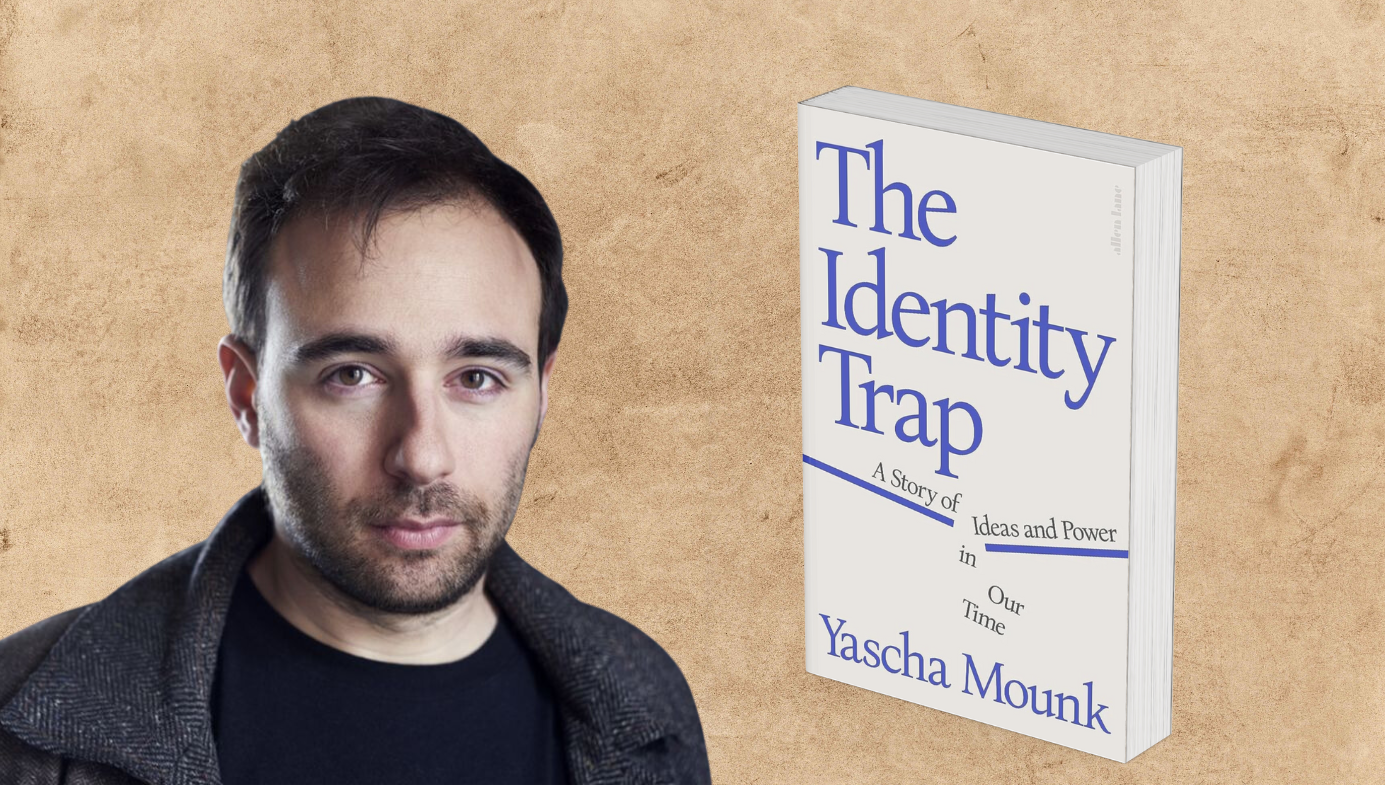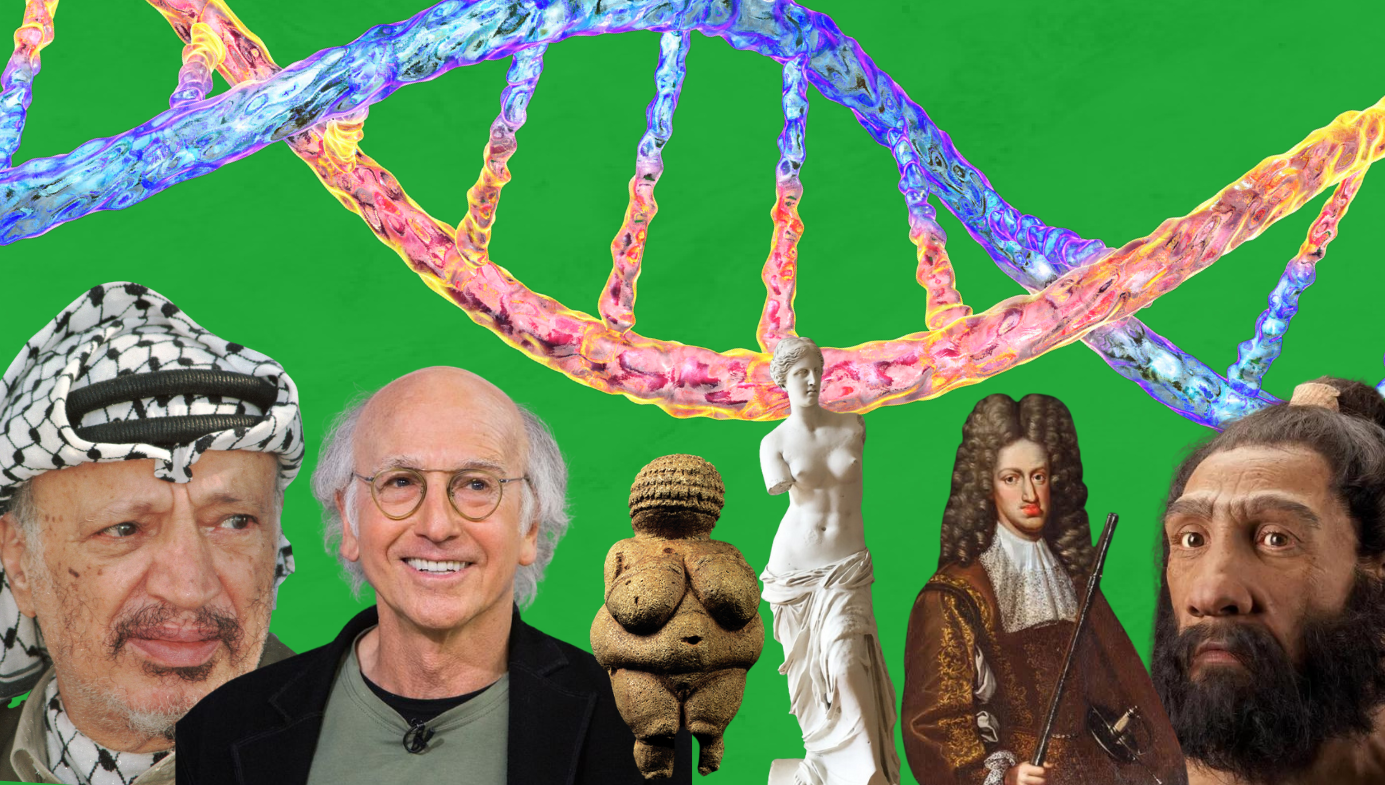Saving Liberalism from ‘The Identity Trap’: An Interview with Yascha Mounk
In an acclaimed new book, the German-American political scientist traces the rise of illiberal intellectual movements among modern progressives.

Some call it “wokeness”—a word that once felt right but now feels more like an overbroad culture-war term of abuse. Others might call it social-justice extremism. But that seems too charitable: True “social justice” is about helping the world’s poor and (truly) oppressed, whereas the fashionable ideology we’re talking about here is more about privileged westerners demanding correct pronoun usage and race quotas in movie casting. As Yascha Mounk argues in his new Penguin Press book, The Identity Trap, A Story of Ideas and Power in Our Time, this lack of commonly agreed-upon terminology is a problem: How can we coherently oppose an ideology if we can’t even properly describe it?

In his new book, the German-born American political scientist authoritatively traces the evolution of the “identity synthesis” (Spoiler alert: that’s the term he’s come up with to describe the ideology formerly known as wokeness) by reference to the ideas of Karl Marx, Michel Foucault, Edward Said, Gayatri Chakravorty Spivak, Noam Chomsky, and other influential leftist thinkers.











